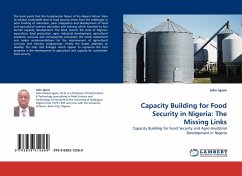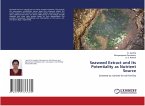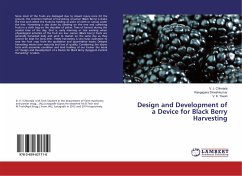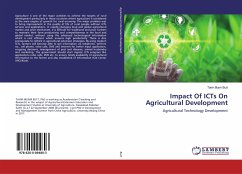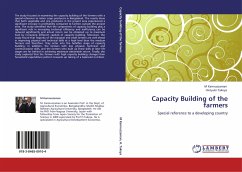Agriculture is the backbone of Ethiopia economy income directly or indirectly and most of its population is residing in rural areas. The majority of rural community is engaged in agricultural crop production, cattle farming and poultry production. To prepare feed for animals, the conventional feed cutting machines are intensively used which do not have friendly operation. Chopping of animal feed is considered as a labour intensive processing operation in animal production system. Traditionally, animal feed, especially crop residue are chopped manually by a sickle in the farms of Ethiopia. It is a labor intensive, less efficient and time consuming operation. Keeping in view, the drawbacks of the traditional chopping, this study has been carried out for the design animal feed chopper machine in order to reduce the above mentioned. Engine operated animal feed chopper has been designed for chopping of crop residue and hay. The machine was designed with the following main components: feeding hopper, feed roller, rotating blade, casing with fixed knives welded on it, a screen and stands. The machine was seated treatment based on the design concepts and designed up to capacity 300 kg /hr.
Hinweis: Dieser Artikel kann nur an eine deutsche Lieferadresse ausgeliefert werden.
Hinweis: Dieser Artikel kann nur an eine deutsche Lieferadresse ausgeliefert werden.

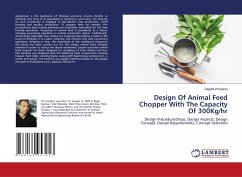
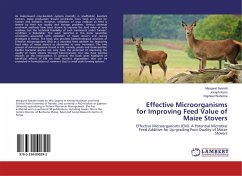
![TEF [Eragrostis tef Zucc. Trotter]: A Valuable Food and Feed Resource TEF [Eragrostis tef Zucc. Trotter]: A Valuable Food and Feed Resource](https://bilder.buecher.de/produkte/45/45111/45111240n.jpg)
